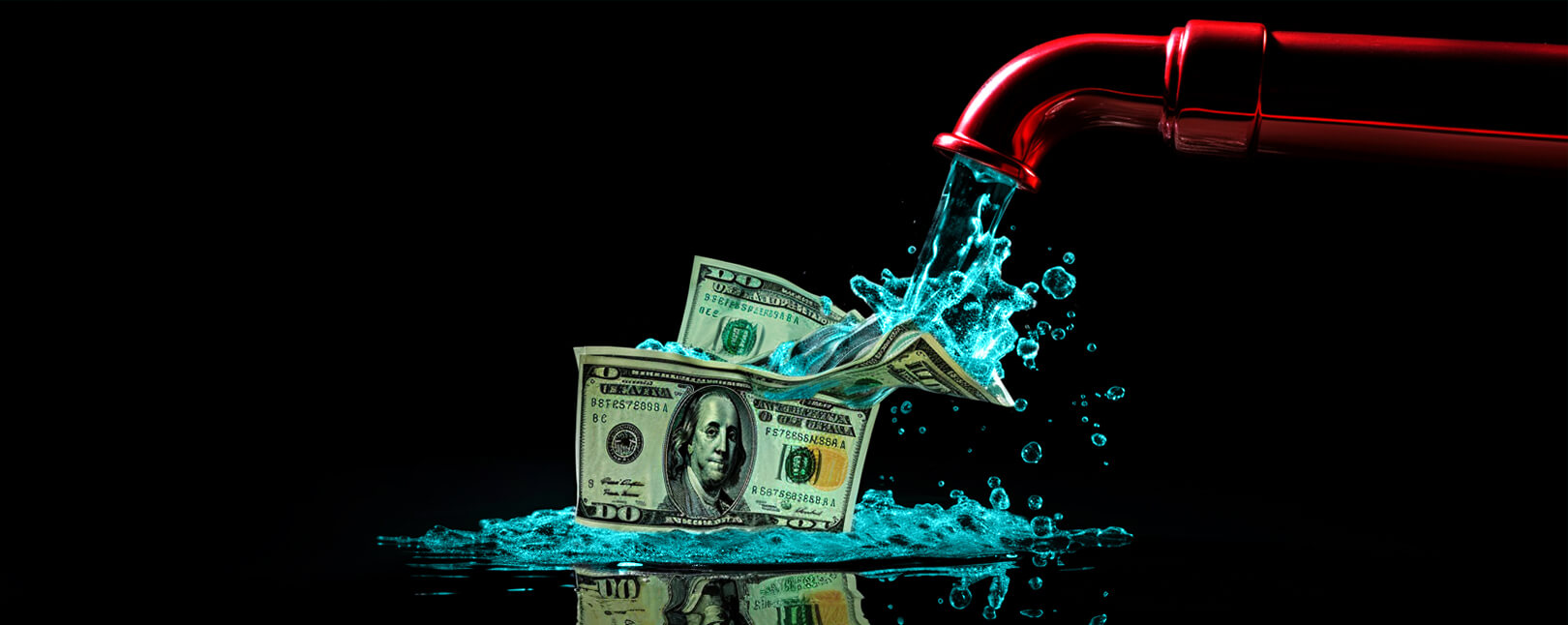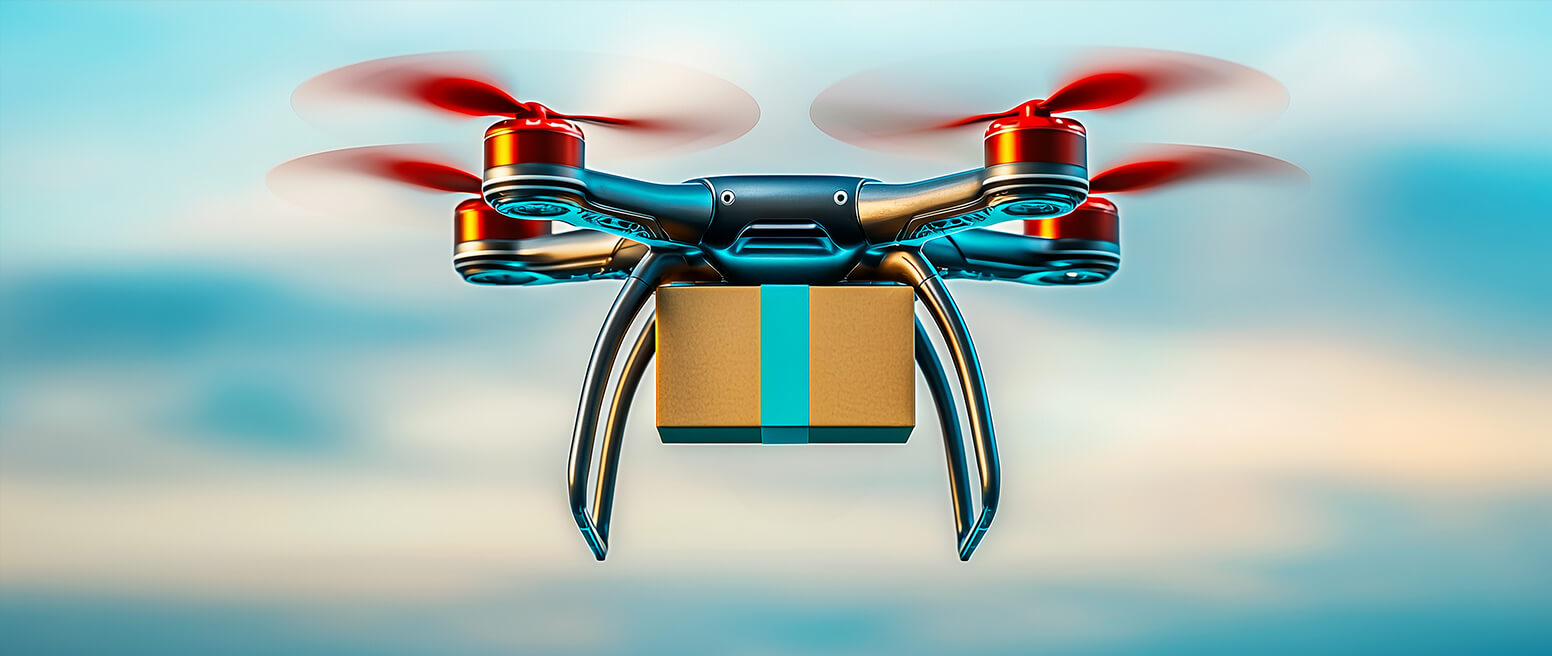10 Tips to Prevent Utility Service Chargebacks
Utility companies handle a multitude of electronic payments each month. These are conducted primarily through Automated Clearing House (ACH) transactions, though credit and debit card payments are also common.
Unfortunately, these systems aren't foolproof. Fraudulent activity and various other payment complications occasionally lead to disputes and chargebacks against public utilities and associated service providers.
So, what exactly are utility bill chargebacks, and what can providers do to stop them? Let’s find out.
Recommended reading
- Venmo Chargebacks: How Do Disputes Work on Venmo?
- What is the Zelle Dispute Process? What Should Victims Do?
- Bank of America Disputes: Here's What You Need to Know
- Stripe Chargeback Fees: Rules, Policies & How to Lower Costs
- How Square Disputes Work | Rules, Protections & More
- Dropshipping Chargebacks | Causes & Tips to Prevent Them
Utility Bill Chargebacks: At a Glance
While some consumers try to avoid general overspending, no one can really escape utility bills. They cost the average U.S. household up to $4,400 annually, or roughly $366 per month. With rising inflation and the cost of living increasing at an exponential rate, consumers are really feeling the pinch. As a result, about 20 million U.S. households fell behind on utility payments in 2022.
Many consumers may reach out to their utility provider to arrange a payment plan, or find ways to lower their consumption. Unfortunately, not every consumer does this.
Although they are less frequently encountered compared to retail chargebacks, utility bill chargebacks can occur under various circumstances. These can apply to any utility that serves a dwelling or retail building: electricity, water, heating, cooling, gas, etc. Thus, the merchant in question may be a private company or a government entity.
Why Do Utility Chargebacks Happen?
Utility chargebacks can happen for a variety of reasons. Some of these are legitimate, while others are the result of mistakes or deliberate chargeback abuse.
As mentioned above, utility costs have nearly doubled in the last two years, which has put pressure on many consumers already struggling with inflated living costs. Sometimes, though, the consumer simply made a mistake or didn't understand their statement.
In many cases, the utility company can probably rectify the situation by communicating with the customer.
Errors can occur with ACH payments as well. Customers may file a chargeback if a payment is withdrawn earlier or later than agreed, or if an incorrect amount is debited. Similarly, if an ACH payment goes through after the customer has canceled the service or switched to another payment method, it could lead to a utility dispute.
How Do Chargebacks Impact the Utility Service Industry?
Utility service chargebacks hurt the industry as a whole. The more disputes that are filed, the more risky the utility service appears. That leads to higher processing fees, stricter operating limitations, and more.
Chargebacks can lead to:
Learn more about chargeback costsChargebacks hurt everyone involved in the process, sometimes even the customers that file them. This is why it’s so important for utility providers to keep ahead of the curve by implementing a few best practices to limit overall industry exposure.
10 Tips to Prevent Utility Service Chargebacks
Utility companies and organizations must proactively address chargeback issues. The keys to this are improved communication, enhanced customer satisfaction measures, and effective dispute resolution when necessary.
Your company needs to embrace a customer-centric approach focused on transparency and satisfaction. This proactive approach fosters trust, prevents misunderstandings, and ensures customers make informed decisions about purchases.
To that end, we recommend ten chargeback prevention best practices to decrease your overall chargeback issuances:
#1 | Communicate Clearly
Ensure that all terms, requirements, and other crucial information are clearly communicated to customers. Using plain language and avoiding industry jargon that may confuse or mislead customers is crucial. Providing comprehensive documentation and offering opportunities for customers to ask questions can enhance their understanding and reduce the likelihood of chargebacks resulting from a misunderstanding.
#2 | Educate Customers
Educating customers is essential. You should offer resources like user-friendly guides, online portals, dedicated customer support, etc., to help customers. Regular communication, reminders, and updates about any changes to service or upcoming renewal dates can also minimize confusion and prevent disputes.
#3 | Clarify Billing Practices
Accurate billing practices are critical to prevent billing disputes and chargebacks. You should ensure that invoices and statements are error-free, clearly indicating the services provided, associated costs, and any adjustments or refunds. Billing transparency and easy-to-understand itemization can help customers recognize and validate charges, reducing the chances of chargebacks.
#4 | Provide Training
Conducting comprehensive training for sales representatives who engage with customers is crucial. This training should emphasize accurate representation of terms and ensure that sales agents thoroughly understand the products and can effectively communicate them to potential customers.
#5 | Prioritize Customers
Maintaining strong customer service is vital for addressing customer concerns and resolving issues promptly. By offering accessible channels of communication, such as phone, email, or live chat, you can proactively assist customers, clarify uncertainties, and address complaints before they escalate to chargebacks. Timely and empathetic customer support can go a long way in preventing disputes.
#6 | Ensure Compliance
Staying up-to-date with industry regulations and adhering to best practices for data security and privacy can minimize potential compliance issues. Complying with regulatory requirements can reduce the risk of penalties, legal disputes, and subsequent chargebacks.
#7 | Automate Reminders
Using automated payment reminders can help customers stay informed about upcoming due dates and avoid missed payments. Sending timely notifications through email, text messages, or mobile apps can prevent accidental lapses in service.
#8 | Improve Documentation
You should ensure that any policy documentation is comprehensive, easily accessible, and written in customer-friendly language. Clear and detailed terms, service limitations, exclusions, and procedures can minimize misunderstandings and disputes.
#9 | Enhance Verification
Implementing thorough verification processes during a transaction can help confirm your customers’ identities, intentions, and understanding of the service. This can include additional authentication measures or validation checks to mitigate instances of fraudulent or unauthorized transactions.
#10 | Seek Feedback
Regularly seeking customer feedback through surveys, satisfaction ratings, or online reviews can provide valuable insights into which improvement may be necessary. Addressing customer concerns promptly can help prevent frustrations from escalating into chargebacks and demonstrate a commitment to customer satisfaction.
Learn more about chargeback preventionChargebacks Require a Better Solution
Any combination of the best practices outlined above can help your business create a solid framework to minimize utility service chargebacks. You can also enhance customer satisfaction and ensure a smooth and secure experience for customers in the process.
All that said, a piecemeal strategy won’t be effective. True fraud prevention and risk mitigation require a more comprehensive approach. Fortunately, we can help.
Chargebacks911® offers a true end-to-end technology platform that prevents more disputes, wins more reversals, and maximizes your ROI. Contact us today for more information on how to improve customer service to prevent chargebacks.
FAQs
Are utility companies liable for chargebacks?
Yes and no. When a customer disputes a transaction, the burden of proof falls on the merchant, the utility company in this case, to validate the transaction. If the merchant can't provide sufficient evidence to refute the customer's claim, or fails to respond to the dispute within a given timeframe, the chargeback usually stands.
Do businesses get in trouble for chargebacks?
Yes. A company might face trouble as excessive chargebacks can signal poor service or billing errors, damaging its reputation. Furthermore, high chargeback rates can draw increased scrutiny from payment processors and financial institutions, potentially leading to higher fees, stricter regulations, or severed partnerships. In extreme cases, it may risk losing its merchant account, impairing its ability to process electronic payments.
Do chargebacks get investigated?
Yes. Banks are expected to conduct due diligence in investigating customer claims before filing a chargeback. However, the standards required are vague, and may not always be deployed evenly.
Can a utility company sue me for a chargeback?
Yes. In theory, a utility company could attempt to sue a customer over a chargeback if the chargeback was fraudulent or made in bad faith. However, this is quite rare in practice and may not be the most practical or cost-effective course of action for the company.















